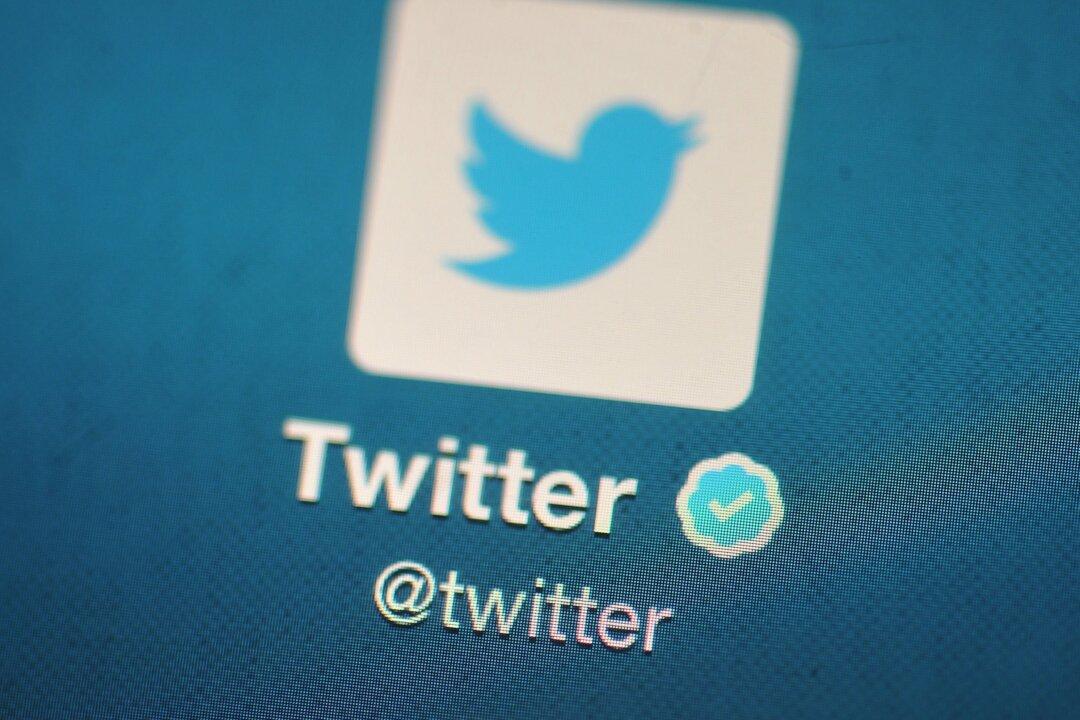Researchers at the University of Washington published a study in June 2022 focused on techniques to curb “disinformation” on social media with strategies similar to “shadow-banning.”
The study was published in the academic journal “Nature Human Behavior,” and one of its researchers, Kate Starbird, acknowledged support from the National Science Foundation, a taxpayer-funded federal agency, reaching almost $750,000.





